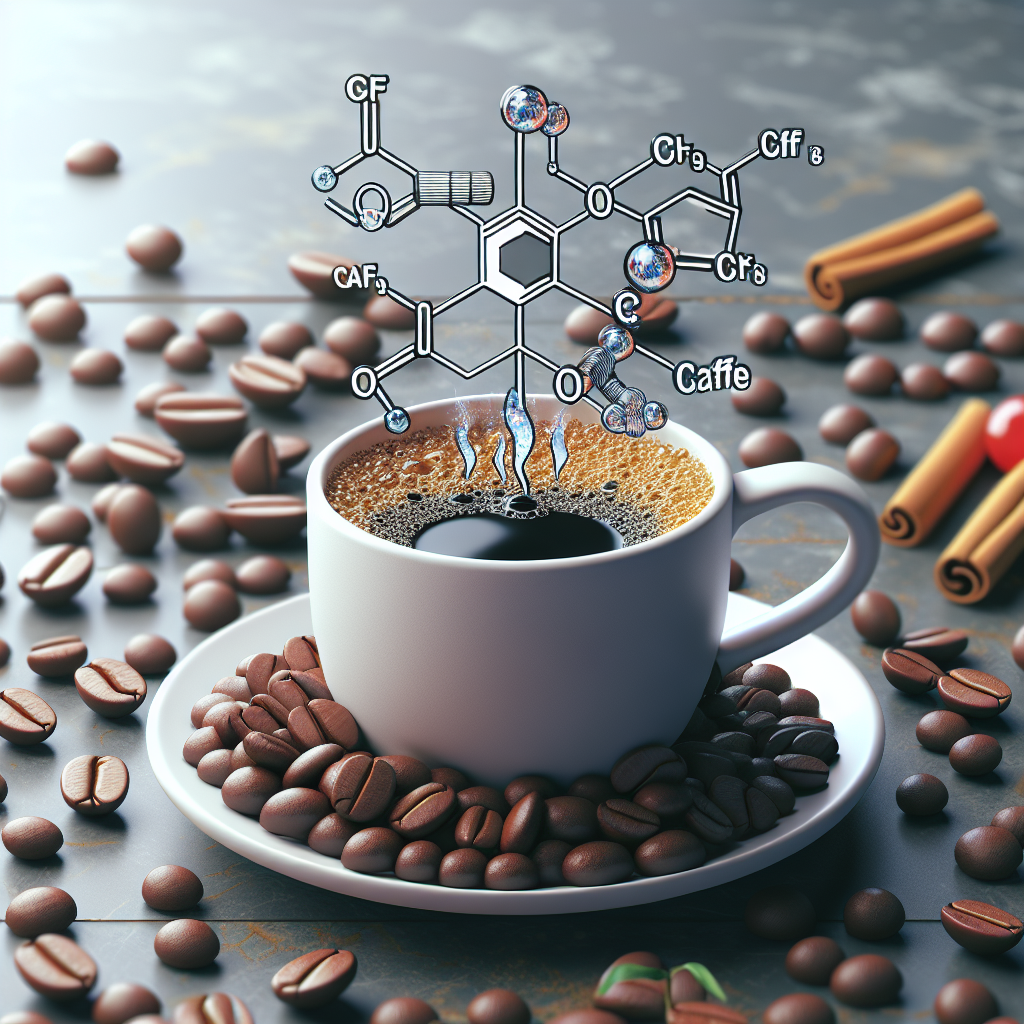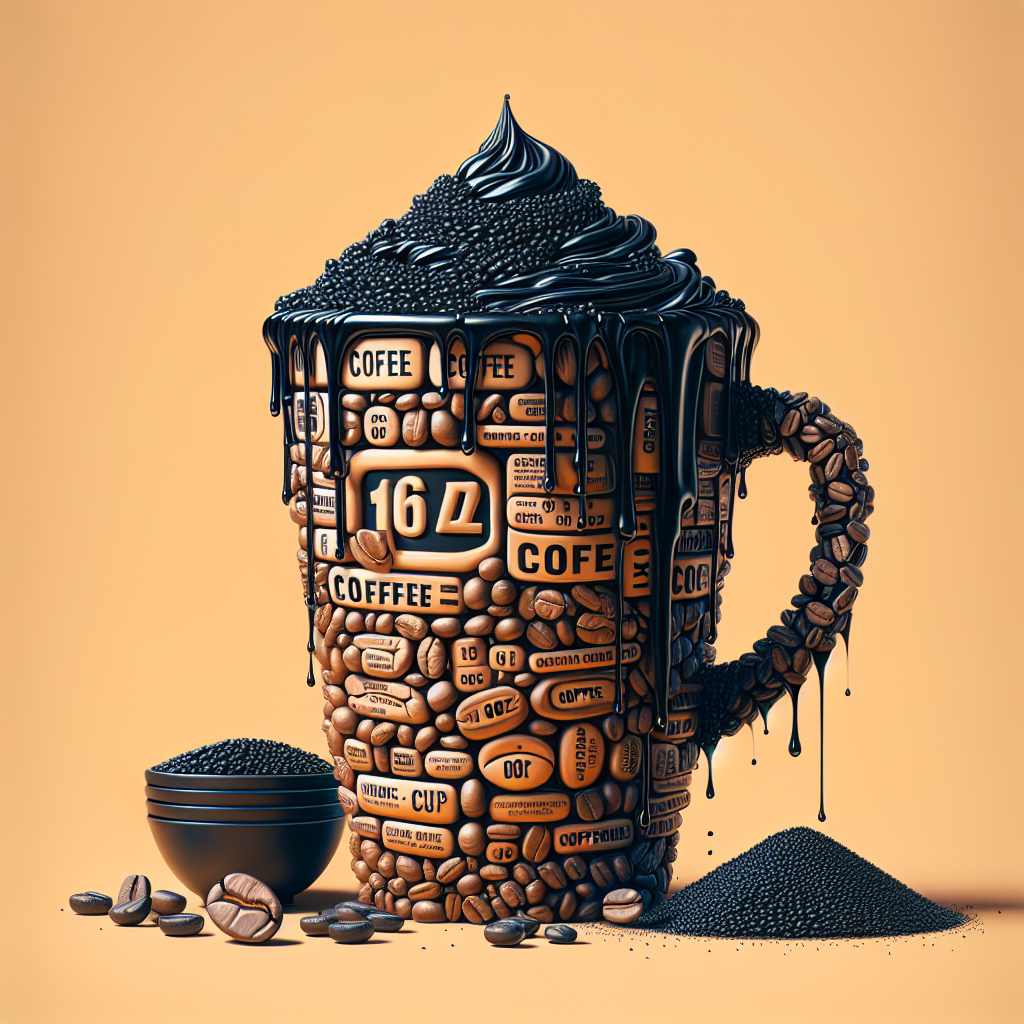Introduction
Imagine starting your day with a steaming cup of coffee, its rich aroma wafting through the air, gently nudging you awake. But have you ever pondered just how much caffeine resides in that beloved brew? This question often brews up curiosity among coffee lovers, especially those concerned about their caffeine intake. In this article, we dive deep into the world of coffee to uncover the mysteries behind its caffeine content.
- Understanding Caffeine Levels in Coffee
- Factors Influencing Caffeine Content
- Health Effects of Caffeine
- Common Queries About Caffeine in Coffee
Understanding Caffeine Levels in Coffee
Caffeine, the magic ingredient that fuels our mornings and energizes our days, varies significantly in quantity from one cup of coffee to another. Typically, an eight-ounce cup of brewed coffee contains between 70 to 140 milligrams of caffeine. The variance arises due to several factors, including the type of coffee bean used, the brewing method, and the serving size.
Types of Coffee Beans
The type of coffee beans plays a crucial role in determining the caffeine content. For instance, Arabica beans generally contain less caffeine compared to Robusta beans. Arabica, known for its smoother taste, has about half the caffeine content of its robust counterpart.
Brewing Methods
The brewing method can either concentrate or dilute the caffeine content in your coffee. For example, espresso, although served in smaller quantities, packs a higher caffeine punch per ounce compared to drip-brewed coffee. Cold brew, on the other hand, tends to have a higher caffeine concentration due to its extended steeping process.
Serving Size
Serving size is another pivotal factor. A small cup at your local café might contain less caffeine than the large mug you use at home. Understanding these differences can help you manage your daily caffeine consumption more effectively.
Factors Influencing Caffeine Content
Roast Level
Contrary to popular belief, lighter roasts have slightly more caffeine than darker roasts. The roasting process reduces the caffeine content slightly, meaning that a light roast retains more of that invigorating compound.
Grinding and Brewing Time
Finer grinds expose more surface area to water during brewing, which can increase the extraction of caffeine. Similarly, longer brewing times allow for more caffeine to be extracted from the coffee grounds.
Health Effects of Caffeine
While caffeine can be a great ally in combating fatigue and enhancing mental alertness, it’s essential to consume it mindfully. Moderate consumption—about three to four cups a day—is generally considered safe for most people. However, excessive intake can lead to side effects such as jitteriness, insomnia, and even increased heart rate.
For individuals with certain health conditions, such as high blood pressure, it’s prudent to monitor caffeine consumption closely. If you’re curious about how coffee impacts blood pressure specifically, check out our detailed discussion on whether coffee is bad for high blood pressure.
Common Queries About Caffeine in Coffee
Is Decaf Really Caffeine-Free?
Not entirely. Decaffeinated coffee still contains a small amount of caffeine—usually around 2 to 5 milligrams per cup. While it’s significantly lower than regular coffee, it’s not completely devoid of caffeine.
Does Espresso Have More Caffeine Than Regular Coffee?
Per ounce, yes. However, since espresso shots are typically smaller in volume compared to a regular cup of coffee, the total caffeine content may be comparable or even less.
Can I Drink Coffee If I Have Insomnia?
It’s best to avoid consuming coffee several hours before bedtime if you’re prone to insomnia. Caffeine’s stimulating effects can last for several hours and may interfere with your sleep cycle. For a deeper understanding of how coffee affects sleep, our article on how coffee affects sleep offers valuable insights.
Key Takeaways
- The caffeine content in a regular cup of coffee varies between 70 to 140 milligrams.
- Factors such as bean type, brewing method, and serving size significantly influence caffeine levels.
- Moderate coffee consumption is generally safe but should be monitored for individuals with specific health conditions.
- Decaffeinated coffee is not completely caffeine-free.
Conclusion
Coffee is more than just a morning ritual; it’s a complex beverage with varying levels of caffeine that can impact your health and well-being. By understanding the factors that influence caffeine content and being mindful of your consumption, you can enjoy your favorite brew without worry. So next time you savor that cup of joe, you’ll know exactly what you’re getting into—sip by delightful sip.
For more detailed information on various aspects of coffee, including its potential disadvantages and health effects, explore our comprehensive articles on the health aspects of coffee.






